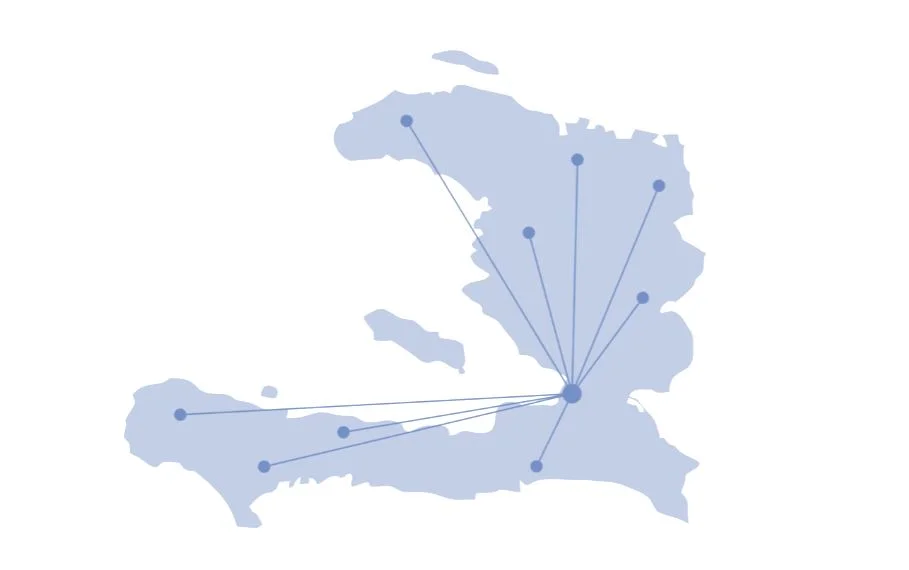Falonne F. ensures that the LCS Santo 5 campus is beautiful for graduation this weekend.
We are proud to announce that Louverture Cleary School (LCS) outside of Port-au-Prince will graduate its 24th class of servant leaders tomorrow, June 15, 2019! It is a recent tradition for The Haitian Project (THP) community to honor each of LCS's graduating classes with a symbolic gift of $1 per member of the graduating class toward the continuation of THP’s mission.
Please consider giving $40 today in honor of the 40 Philo (US 12th grade +1) students in LCS's Class of 2019.
A few words from members of the Class of 2019:
Q: What are some of your hopes or plans for the future?
A: I want to help others as LCS helped me. Even if I do not have a lot, I can share what I have. Especially my knowledge. I will give some of my salary to hospitals, the poor, and the school systems, because LCS has taught me to share what I have with others.
—Philo student Falonne F.
Q: What is something you will always remember about LCS?
A: Being a Louverturian is a gift. Being one means we have leadership skills, speak four languages, and know how to live in community. I think that the word Louverturian will be forever in my mind. I want to continue the mission.
—Philo student Samuel G.
Congratulations LCS Class of 2019!
Please join us in honoring our graduates by supporting the education of the LCS students who follow their courageous lead. You, your family, and your local community are welcome to share the success of our graduates by easily hosting a Graduation Celebration!














